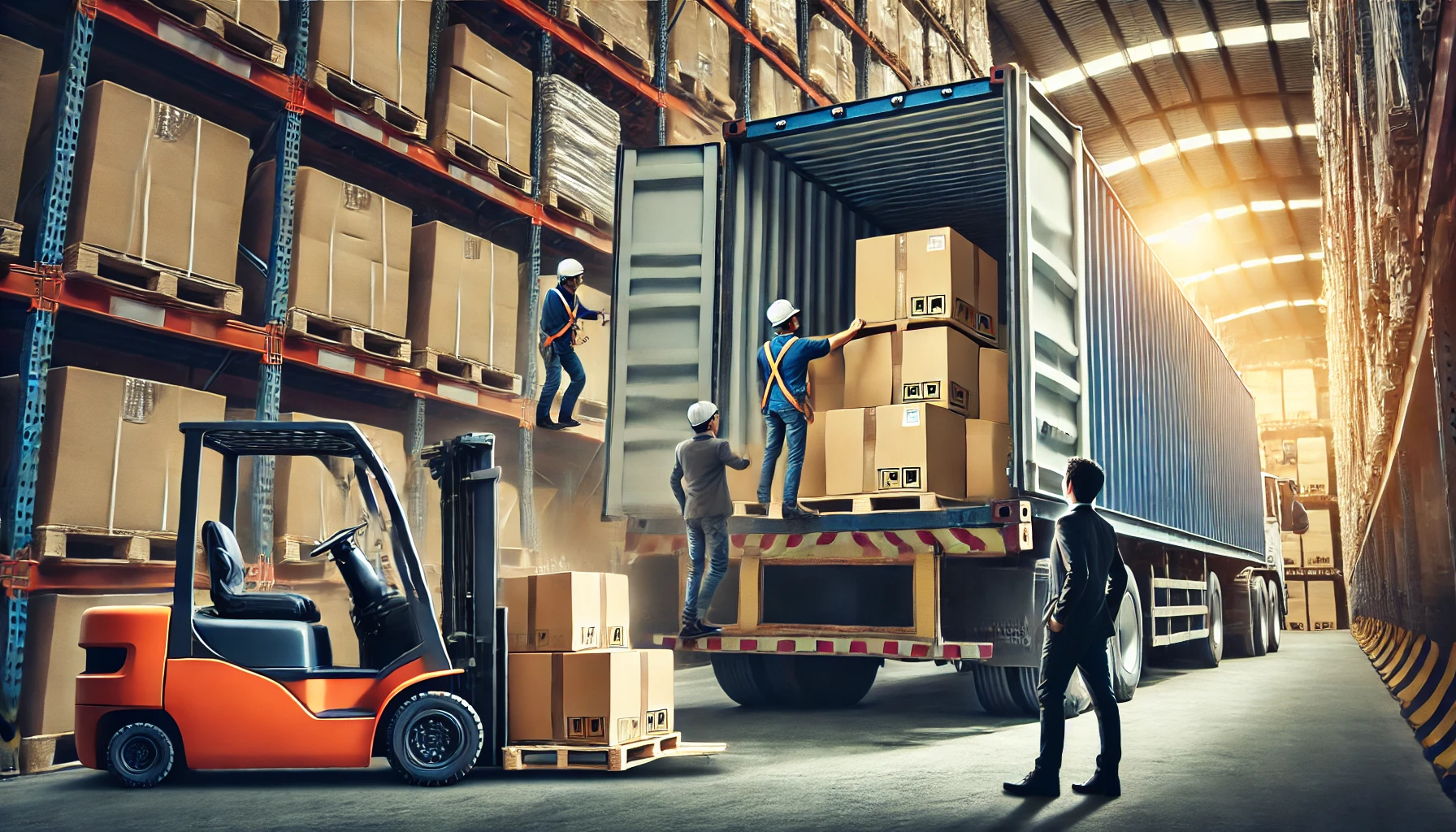Transporting goods involves risk, and protecting your cargo is essential. Accidents, theft, or damage can occur at any time. Without the right insurance, the financial consequences could be devastating. This is where Insurance And Transport Cargo Coverage plays a vital role. Whether you are a business owner, a logistics company, or an independent contractor, having the proper coverage gives you peace of mind knowing your valuable goods are secure.
Insurance And Transport Cargo Coverage is a type of insurance that protects cargo from loss or damage during transit. Whether it’s a road accident or weather-related issues, this coverage shields your business from unexpected financial losses. Below, we will explore the key components of this coverage and why it is a must-have for anyone in the transportation industry.

What Is Transport Cargo Insurance?
Insurance And Transport Cargo Coverage protects against risks that can occur while goods are in transit. This insurance covers loss, damage, or theft of goods transported by road, sea, air, or rail. Whether moving large shipments across the country or delivering products locally, cargo insurance ensures that financial losses from unforeseen events are minimized.
The extent of coverage depends on your policy. Some policies cover specific risks, such as accidents. Others offer broader protection, including natural disasters, theft, or damage during loading and unloading. Knowing the scope of your coverage is crucial to fully protecting your cargo.
Types of Transport Cargo Insurance Coverage
Insurance And Transport Cargo Coverage comes in different forms, each offering various levels of protection:
All-Risk Coverage: This comprehensive insurance covers a wide range of risks, including accidents, theft, natural disasters, and mishandling. All-risk coverage protects your cargo from departure to arrival.
Total Loss Coverage: This policy covers only when your entire shipment is lost or destroyed. It compensates for the full value of your goods but doesn’t cover partial losses or minor damage.
Named Perils Coverage: Named perils insurance covers specific risks outlined in the policy, such as fire, theft, or collision. It offers limited protection compared to all-risk coverage but is more affordable for businesses with lower risks.
Why Do You Need Transport Cargo Insurance?
Transporting goods involves various risks, making Insurance And Transport Cargo Coverage critical for protecting your business. Without it, a single accident or theft could cost you thousands or even millions of dollars. Additionally, many clients and logistics partners require proof of cargo insurance. Having coverage ensures you’re prepared to handle unforeseen events responsibly.
Even with meticulous planning, things can go wrong in logistics. Accidents on the road, delays at sea, or weather-related issues can threaten your cargo. Having the right insurance helps your business recover quickly from losses, so you can keep operating without interruptions.
How to Choose the Right Transport Cargo Insurance
Choosing the right Insurance And Transport Cargo Coverage depends on several factors, such as the type of goods you transport and the distances involved. Here are some tips for selecting the best coverage:
Evaluate Your Risks: Assess the risks your cargo faces. High-value or fragile goods may require comprehensive all-risk coverage. Lower-value items may only need named perils or total loss coverage.
Work with a Specialist: Specialized insurance providers understand the risks in cargo transport better. They can offer policies tailored to your needs, ensuring that you get the right level of protection.
Compare Quotes: Compare quotes from multiple insurers. Look for policies that offer the best balance between cost and coverage. Be sure to read the fine print to know exactly what is covered.
Filing a Cargo Insurance Claim
If your cargo is damaged or lost, filing a claim with your insurer should be simple. Here’s what to do under your Insurance And Transport Cargo Coverage policy:
Step 1: Notify your insurer as soon as you discover the damage or loss. Provide detailed documentation, including photos, receipts, and a description of the incident.
Step 2: Work with the insurer’s claims adjuster to assess the damage or loss. The adjuster will determine the compensation you’re entitled to based on your policy terms.
Step 3: Once your claim is approved, the insurer will cover the costs of replacing or repairing the damaged goods. This ensures your business can recover quickly.
Conclusion
In the logistics industry, having the right Insurance And Transport Cargo Coverage is essential. Whether transporting goods across the country or globally, cargo insurance protects your shipments from loss or damage. By choosing the right coverage and working with a trusted insurance provider, you can ensure your business is ready for any challenges on the road.

